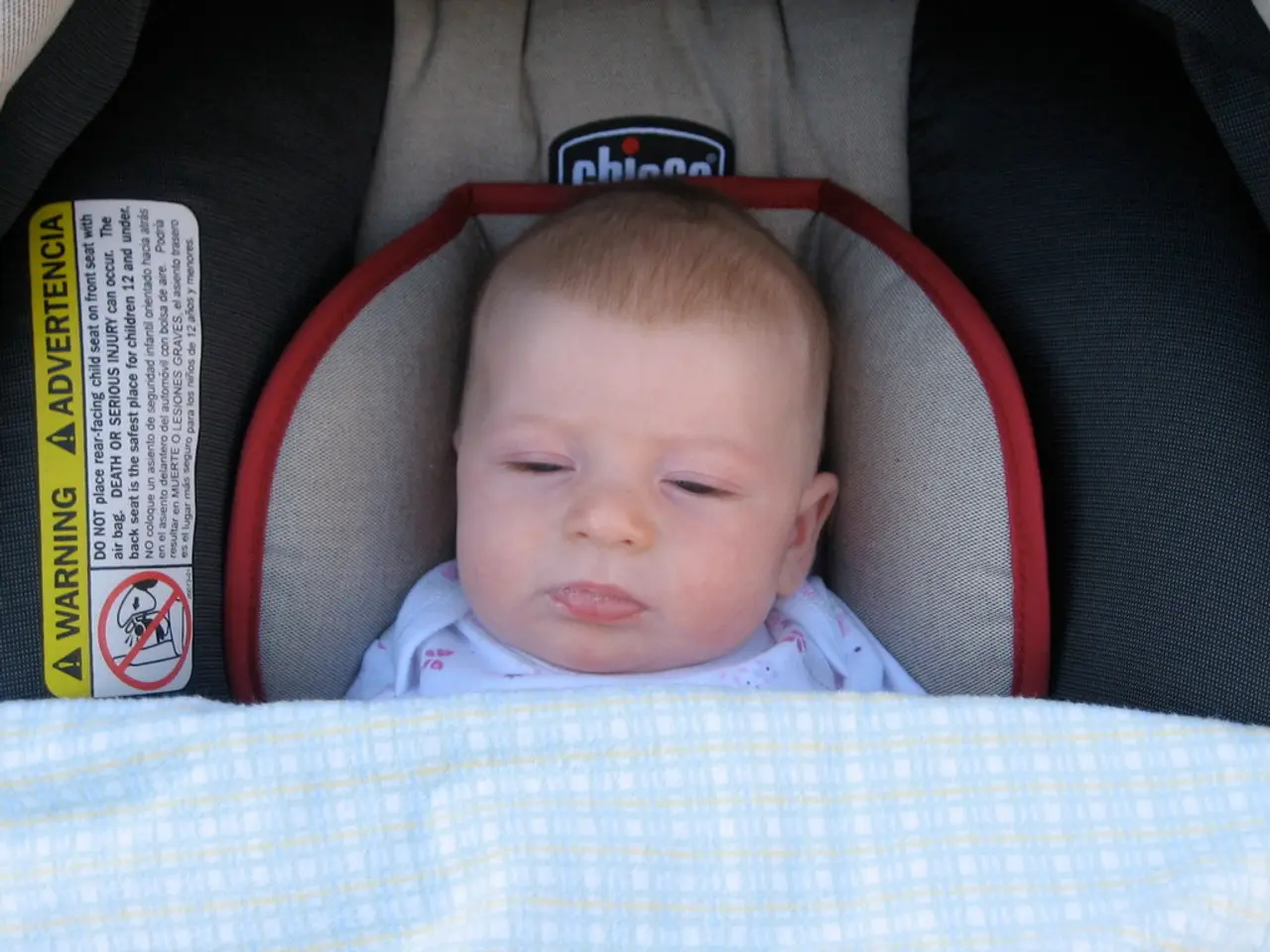Unaccompanied Minor Migrants Encounter 'Care Deficit' in France, Leading Some to Roam Streets Alone
In a startling revelation, a recent survey conducted across 38 French departments has highlighted significant disparities and barriers faced by unaccompanied migrant minors in France. The survey, carried out by NGOs including Utopia 56 and the Association for Youth Rights and Support Toward Adulthood, between late 2024 and early 2025, has shed light on ongoing issues regarding treatment, support, and access to care for these vulnerable youth.
The survey identifies a persistent "care gap," where many unaccompanied minors are left without adequate protection or support. Some are even abandoned or left to fend for themselves, facing challenges in accessing shelter, legal services, and basic needs. Support services for unaccompanied minors are inconsistent across departments, with some regions providing robust assistance and others falling short. This results in unequal outcomes for vulnerable youth depending on their location.
One of the most pressing issues identified is the uneven distribution of legal aid and support. Due to this disparity, many minors struggle to navigate the complex asylum process or secure legal status. The survey also notes that some minors are left without shelter, leading to precarious living conditions and increased vulnerability to exploitation and abuse.
Differing departmental policies and resource allocation create additional hurdles for minors seeking to establish their identity, access education, or obtain healthcare. Inconsistent access to integration programs means that many minors face difficulties learning the language, gaining vocational training, or finding employment.
While the survey focuses on mainland France, broader migration policies—especially in territories like Mayotte—have negative ripple effects. Strict regulations and fear of arrest discourage many migrant families from accessing essential services, further complicating the lives of minors.
Angelo Fiore of Utopia 56 stated that some unaccompanied migrant minors have to survive on the streets for more than a year before being provided shelter and gaining access to their rights. In some facilities, unaccompanied migrant minors are accommodated 24/7 and supported by social workers, with sports activities organized. However, in other areas, there is no alternative plan, causing minors to sleep outside.
The level of care for unaccompanied migrant minors varies depending on each department's budget and how local authorities choose to spend it. Approximately 397,000 young people are under France's child protection services, and their future in France depends on the department they end up in. Some children's ages are judged "at a glance," adding to unfair treatment.
Moreover, more than half of the surveyed departments did not provide the required health checkups for unaccompanied minors. Many struggle to find help, especially during nights and weekends. In some facilities, unaccompanied migrant minors have to leave the shelter during the day and rely on meal vouchers to eat.
Addressing these challenges requires more uniform policies and increased coordination among departments to ensure that all children receive the protection and support they need. A fair and equitable system is crucial to ensure the well-being and successful integration of unaccompanied migrant minors in France.
- The survey also highlights the need for international partnerships and collaborations to tackle the health issues faced by unaccompanied migrant minors, as more than half of the surveyed departments did not provide the required health checkups.
- France could greatly improve the integration and well-being of its unaccompanied migrant minors by investing in health-and-wellness initiatives, considering the significant disparities in access to medical care and support.
- In addition to the sports activities organized in some facilities, it is essential for French departments to support the overall development of unaccompanied migrant minors, including their participation in various sports, science, and cultural programs as part of a holistic approach to their health and well-being.




